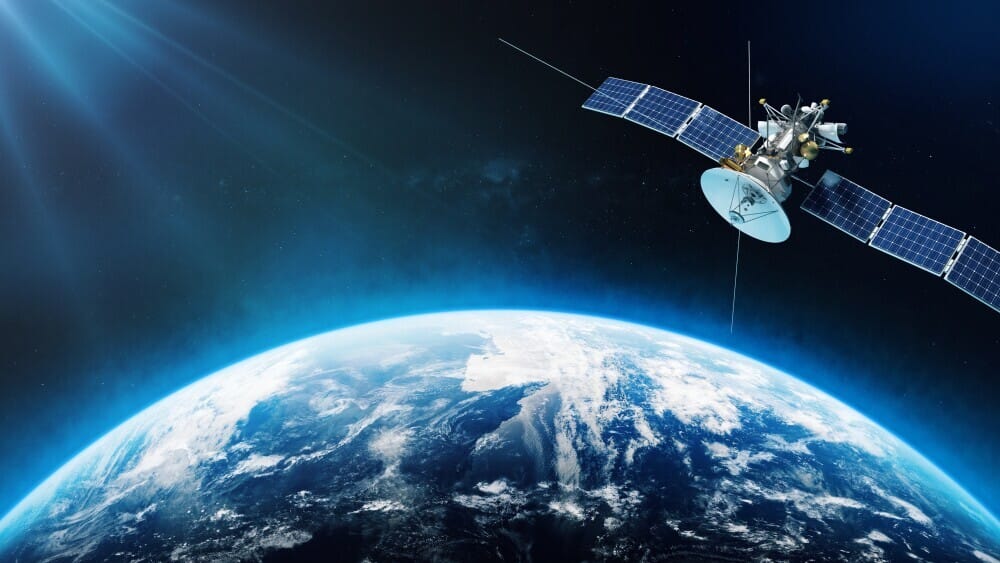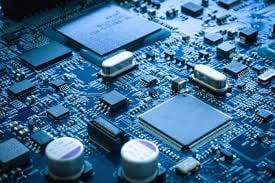- Tech Drop
- Posts
- The Tech Drop
The Tech Drop
May 19th 2025
OpenAI Releases Codex:

The Drop: OpenAI has just released Codex to its ChatGPT Pro and Enterprise customers. Codex is an AI assisted coding agent that will be able to act as a virtual teammate to software engineers.
The details:
Codex is powered by a version of o3, OpenAI’s reasoning model, that has been adapted for software engineering tasks
The AI agent can handle multiple requests at once, being able to write simple features, fix bugs, run tests and answer questions about the code base
For the first few weeks Codex will have no rate limits, but that is likely to change as OpenAI asses usage and pricing plans for their new product
Why it matters: The landscape of coding is drastically changing with AI assisted coding becoming the norm. The role of developers is now shifting to being more about reviewing AI generated code rather than writing code themselves. Big tech companies are noticing which way the wind is blowing, with huge layoffs of engineers at Microsoft and companies like Cursor and Windsurf now valued at billions of dollars.
China Builds a Super Computer in Space:

The Drop: Chinese company ADA launches the first 12 satellites of their orbital supercomputer network, they plan on launching up to 2,800. These satellites will be able to process data they collect themselves, rather than relying on ground stations, improving overall efficiency.
The details:
Each satellite can handle up to 744 trillion operations per second.
They will have a 8-billion parameter AI model and be able to communicate with each other using lasers at 100GB per second.
These initial satellites will serve as a test for the technology deployed in future systems.
Why it matters: Building data centers and super computers in space offers a solution to many of the issues with building them on earth. In space they can be solar powered and radiate excess heat more efficiently, drastically cutting carbon emissions. This is also a first of its kind project that the Chinese have completed before anyone else, giving them a potential edge if the results of this are positive.
Google’s Self-Improving AI:

The Drop: Google has unveiled AlphaEvolve, its general purpose science and math AI, that has already produced novel solutions to math problems and findings that have improved the design of the company's next generation chips.
The details:
AlphaEvolve is based on Google’s Gemini models but uses an evolutionary process, where it will generate different solutions in response to a problem, evaluate each solution, then focus on the best one.
Google has already used this to improve their own systems, with a change suggested by AlphaEvolve saving Google 0.7% on its computing resources globally.
AlphaEvolve has also improved Google’s next generation tensor processing hardware, the same chips that the next generation of AlphaEvolve will be trained on.
Why it matters: Google is continuing to make progress on applying AI to increasing complex problems. The ability for these systems to improve the very hardware that they are trained on is a huge step towards AGI. The 0.7% efficiency improvement for a company the size of Google is also a massive achievement.